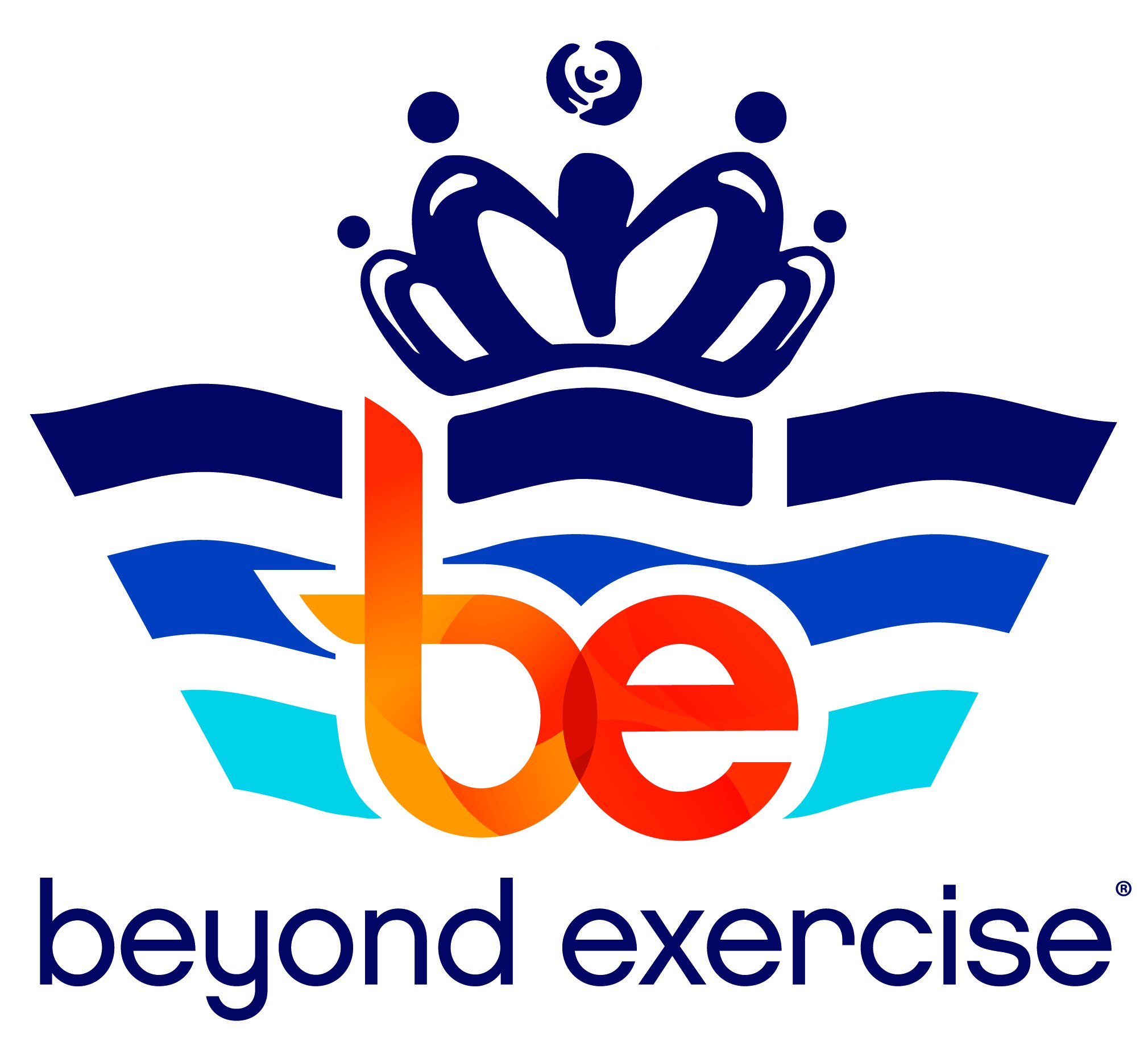Sports Nutrition and Hydration
By Sarah Wiseman, RD, LDN
What is “nutrition”?
Nutrition is the fuel for your body to function, including during exercise as well as after exercise. Proper nutrition is necessary to have optimal fuel for your activity and to allow your body to repair itself after the activity.
What is “hydration”?
Hydration helps your body regulate your body temperature and also optimizes your blood circulation so that nutrients can be delivered to your cells, particularly your muscle cells during exercise.
What are electrolytes?
Electrolytes are the means by which fluid (along with nutrients) is carried into cells. Electrolytes also help to send neural stimuli to keep your muscles activating, which is why you can start cramping when you don’t have the proper electrolyte intake.
physiological purposes of Carbs, Proteins, Fats, Electrolytes, water
Carbohydrates are the body’s preferred fuel source. It is also the brain’s and red blood cells’ only source of fuel. Your body breaks down carbohydrates into glucose, and this is used to generate energy. Carbohydrates are found in grains, fruits, starchy vegetables (i.e. potatoes, peas, and corn), dairy products (except cheese), and sweets/desserts. Carbohydrate intake not only helps as a fuel source, though. It also helps stimulate the nervous system while you are exercising to keep you focused and engaged during your workout. Carbohydrates also blunt the inflammation response that happens after you exercise, allowing you to recover and adapt to training better.
Proteins are important for recovery from exercise. While protein intake after strength training helps the body build more muscle tissue, intake after endurance exercise will help your body create more mitochondria in your cells. Mitochondria are known as the powerhouse of the cell where energy production takes place, and with more mitochondria your body can generate energy more quickly and efficiently to provide fuel to your muscles resulting in you running faster and longer. Protein should be taken throughout the day, but protein prior to a workout can slow down your digestive tract and cause you to have GI issues. Good sources are all meat sources and dairy sources, but plant based proteins such as soy, hemp, beans, and nuts are all good sources as well. The best types of protein after a workout is whey because it is rapidly absorbed into your body to make the nutrients available when they are needed most. Whey is found in milk with the protein, casein. Casein is more slowly absorbed than whey protein but will stay present in your bloodstream for longer, which makes it available to your body for any other repairs that are needed over a longer time. This combination makes milk an ideal recovery drink!
Fats are important nutrients for the function of our body. They provide an alternative fuel source for our bodies at lower exercise intensities and when we are running low on carbohydrates as a fuel source. Fats also comprise a structural component of cells and help us absorb Vitamins A, E, D, and K. There are also essential fats such as Omega-3s. These essential fats help with wound healing and blood clotting. Fats have more calories per gram than carbohydrates or protein, but they also help make us feel more full than carbohydrates, allowing them to play a role in weight management and carbohydrate periodization plans. Too many fats, particularly animal based fats, can lead to health issues. For the runner, too many fats will interfere with how many carbohydrates you consume which can lead to increased feelings of fatigue during your workout.
Electrolytes are minerals that are essential to help your body stay hydrated. They also help your body maintain its proper pH, assist in the transport of nutrients across your body’s cells, and are involved in your nervous system. Sodium, potassium, chlorine, phosphate, and magnesium are the main electrolytes in your body. The electrolyte that most research has centered on is sodium, as this helps your body retain fluid to keep you hydrated while you are exercising and aids in rehydration after your workout. Conversely, too much sodium can have negative effects on your bodily functions.
Water is considered a macronutrient, and it comprises a large percentage of your body’s total weight. Aside from helping with the transport of nutrients into cells and carrying waste out of your body, water is excreted through sweat to help keep you cool in exercise. Being hydrated is hard to measure, and every person may be different, but in general, water intake should equal water output.

